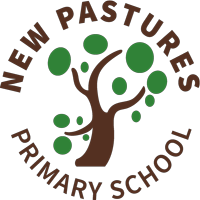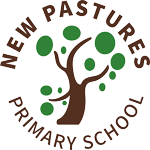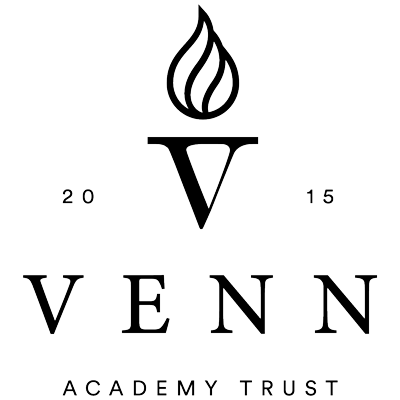Music – curriculum information
At New Pastures Primary School we ensure our curriculum is fully inclusive to every child. We believe, as stated in the National Curriculum, that “Music is a universal language that embodies one of the highest forms of creativity.” We aim to . inspire this creativity and self- expression, providing a broad, balanced and differentiated curriculum ensuring the progressive development of musical concepts, knowledge and skills.
Intent
To teach and perfect the skills implemented by the National curriculum for music.
We aim to develop children so that they can:
Sing, create and compose music on their own and in groups
Understand and explore how music is created, produced and communicated
Have opportunities to learn a musical instrument
Use technology appropriately
Listen to, review and evaluate the work of great composers and musicians from a range of historical periods, genres, styles and traditions
Implementation
We use the Charanga Musical School scheme enhanced with teachers` own expertise to give pupils the opportunity to perform, listen to, review and evaluate music. Music is also used in a cross curricular way to promote our creative curriculum.
Music planning is mapped for the year and shown on the yearly cross curricular overview for each year group.
Musical elements are progressively introduced, discussed and understood.
Throughout their time in KS2, every pupil is given the opportunity to work with a specialist teacher where they are taught ukulele. Recorders is also taught in key stage two.
Pupils enhance their musical skills and can share and enjoy music by taking. part in performances during assemblies, for families and the community.
Impact
All pupils receive a broad and balanced curriculum regardless of their year group or ability.
This allows them to discover areas of strength, as well as what they might like to improve on.
The clear progression of musical skills ensures that all children access at an appropriate level.
Our pupils develop confidence, raise self- esteem, develop independence collaboration, perseverance and resilience. They are enthused and excited by the variety of musical activities.
The impact of the curriculum is measured by discussion with pupils and staff, observations and feedback from performances.


